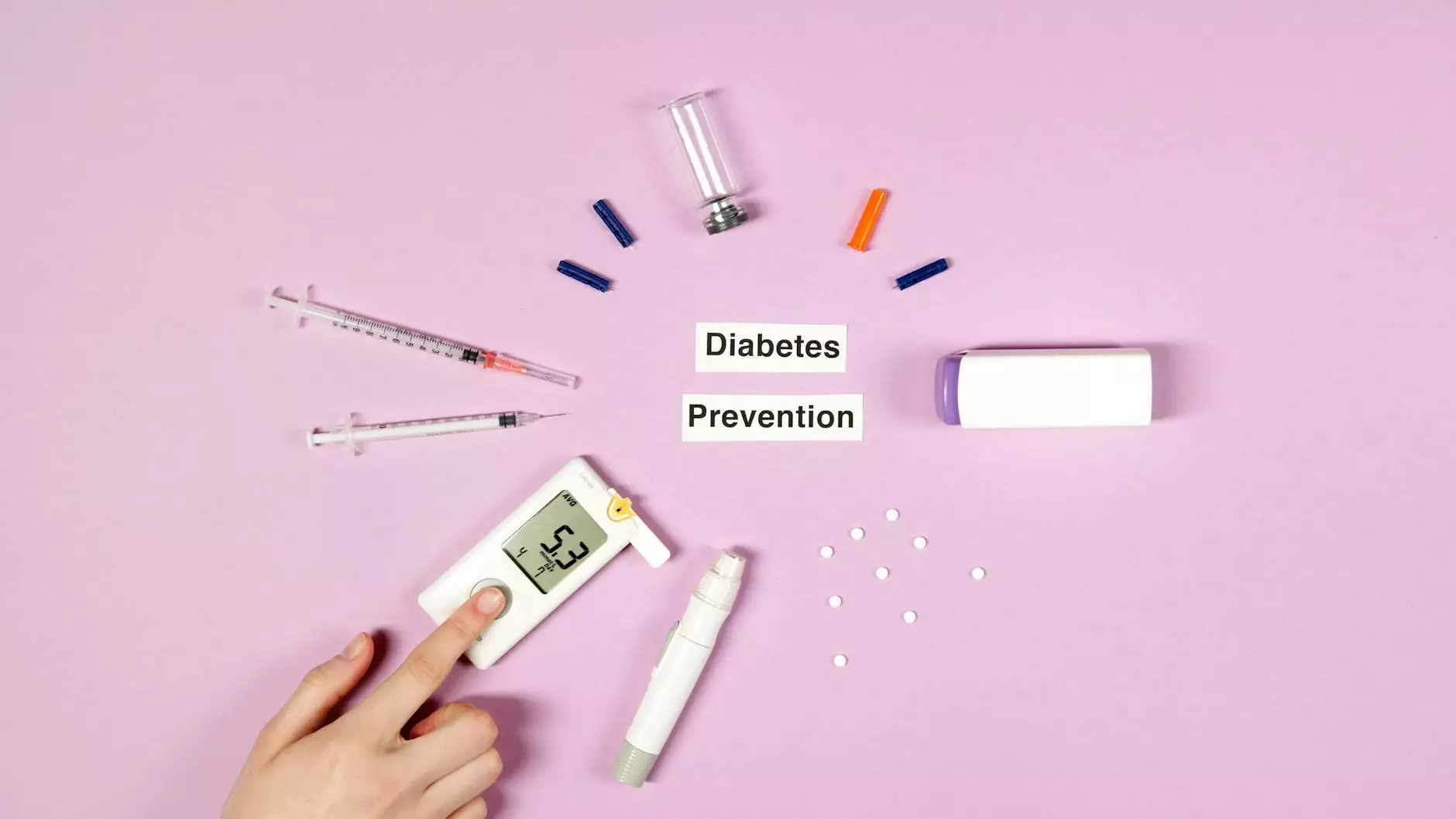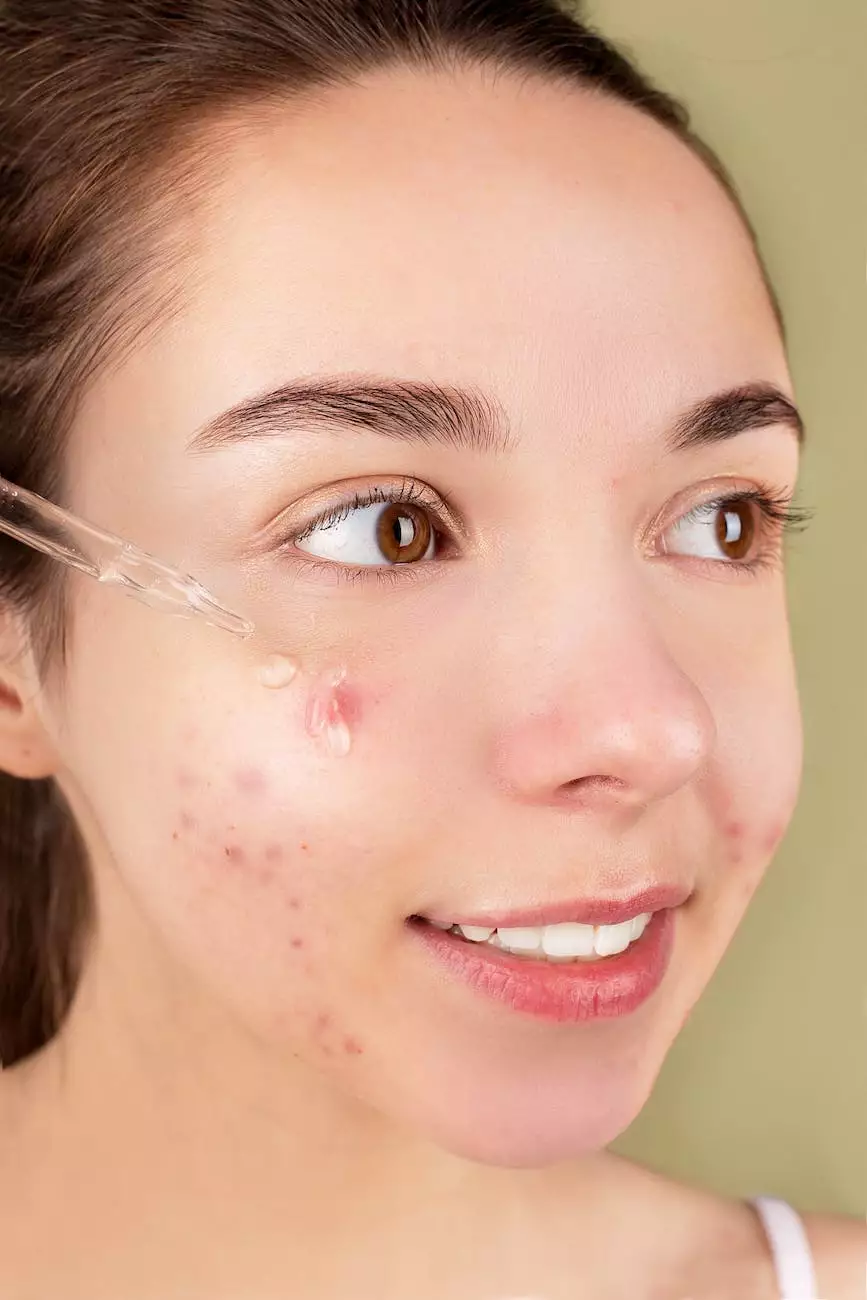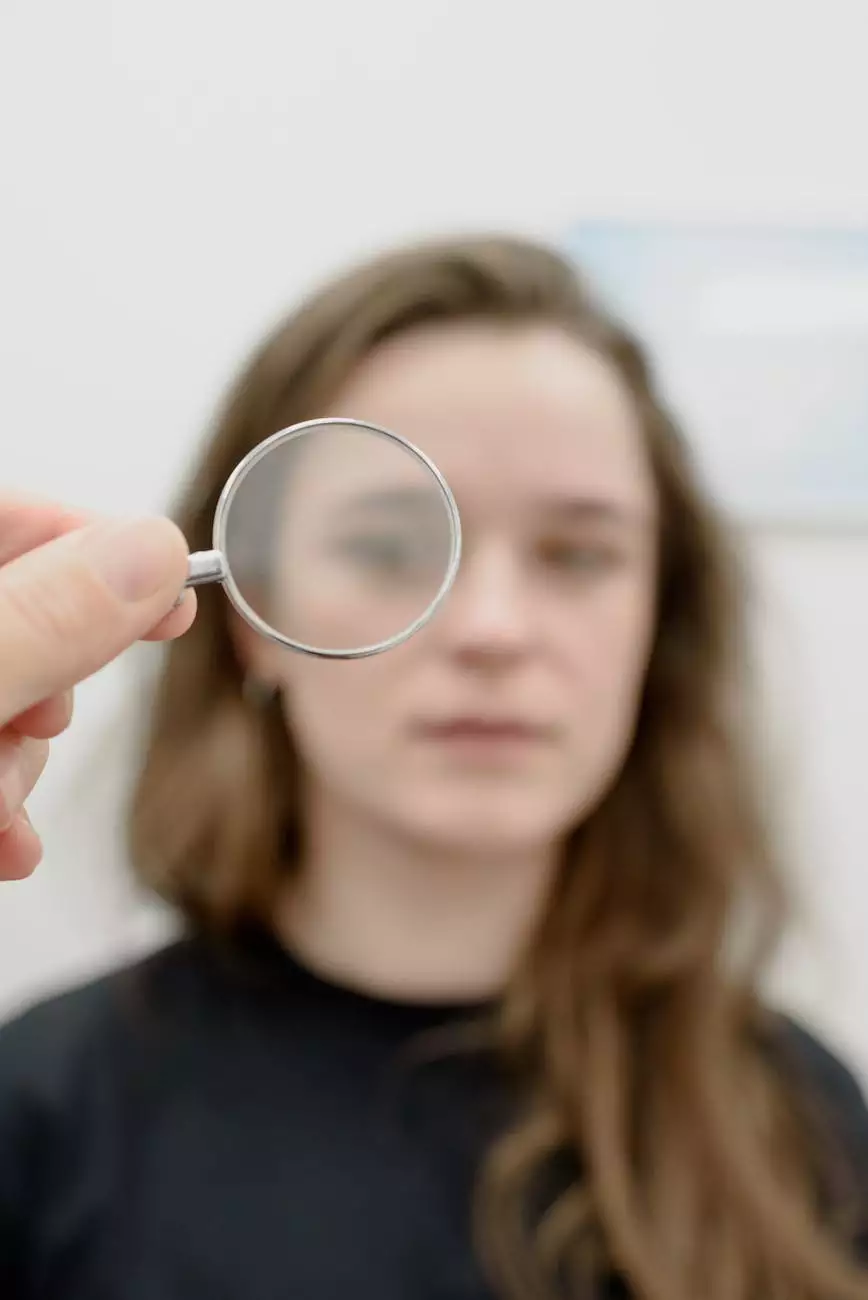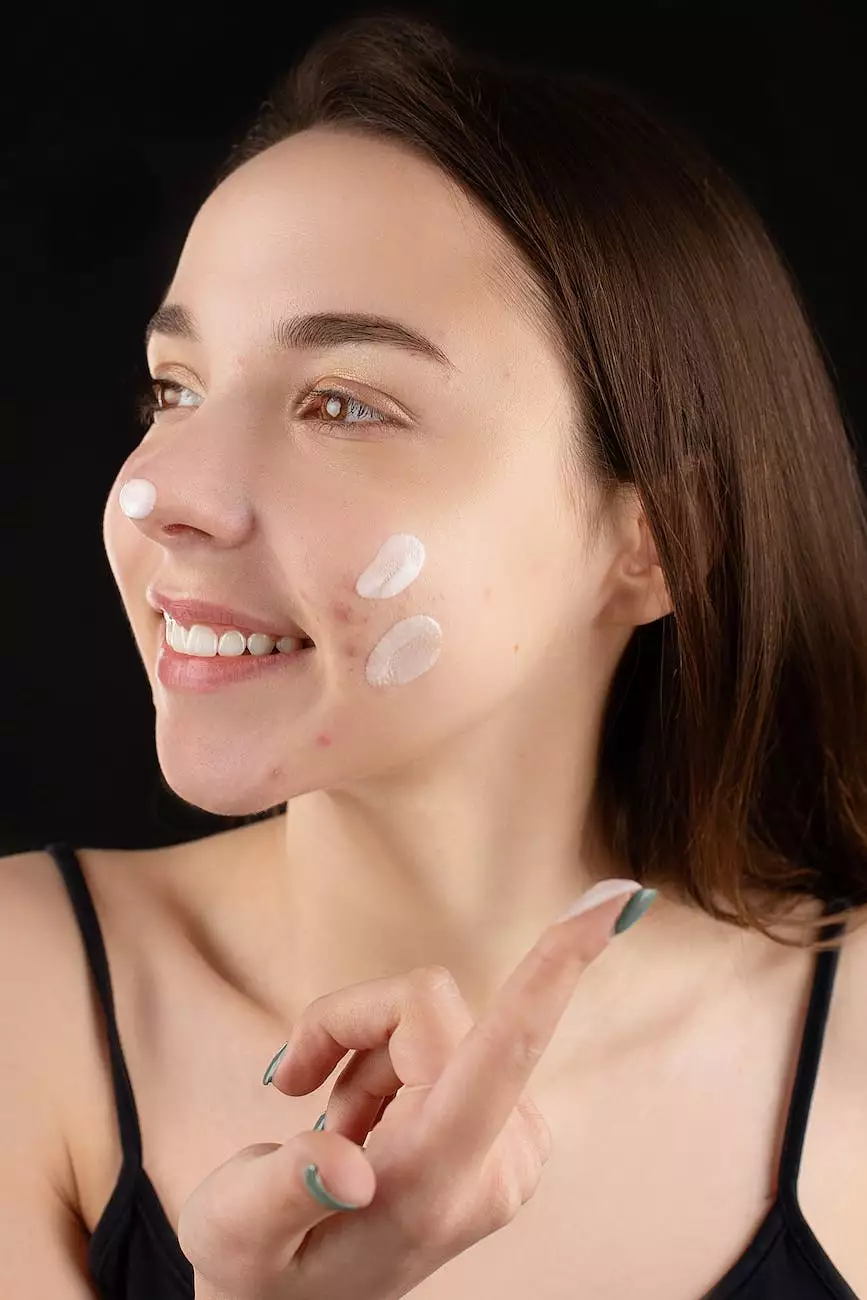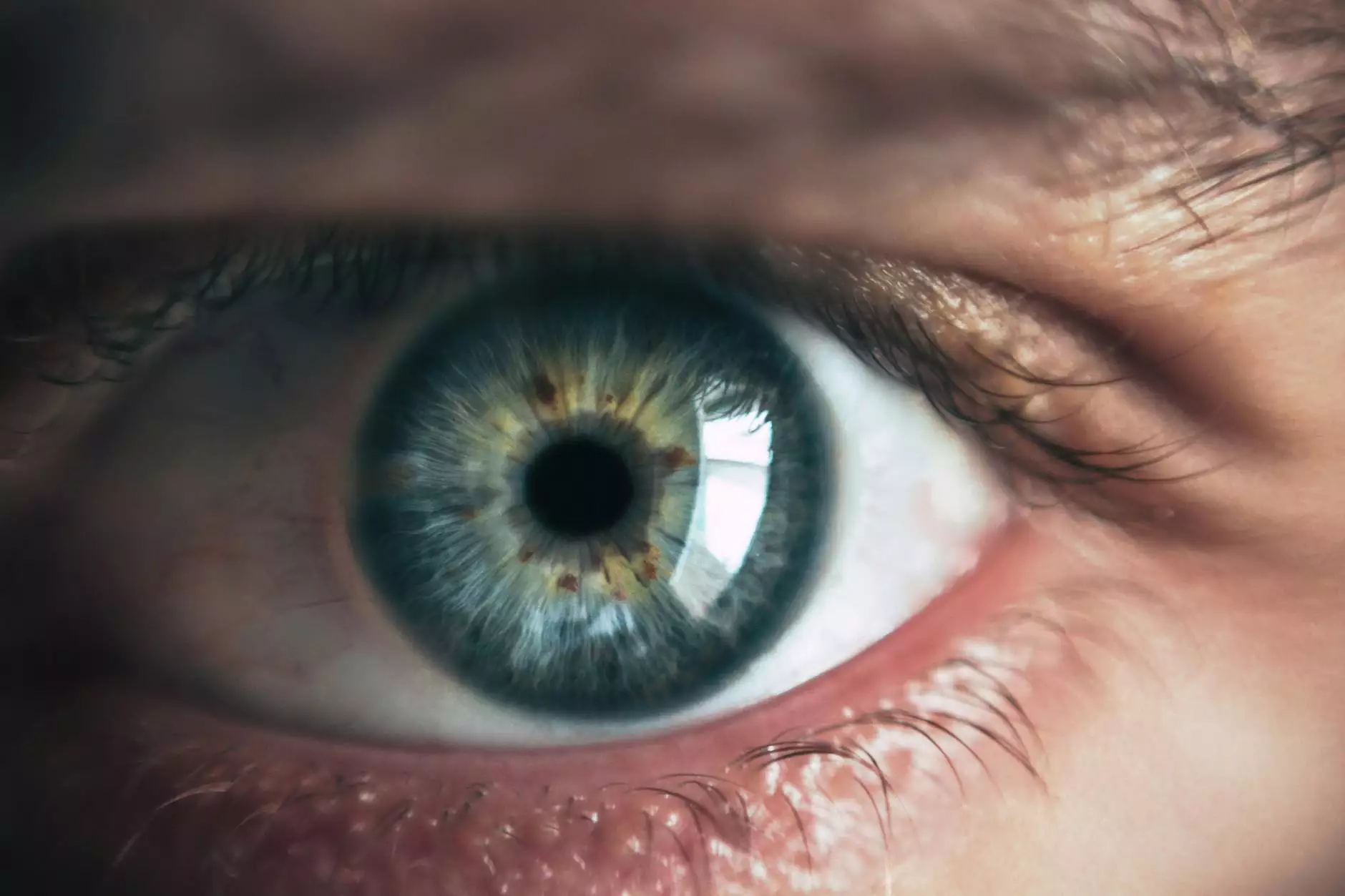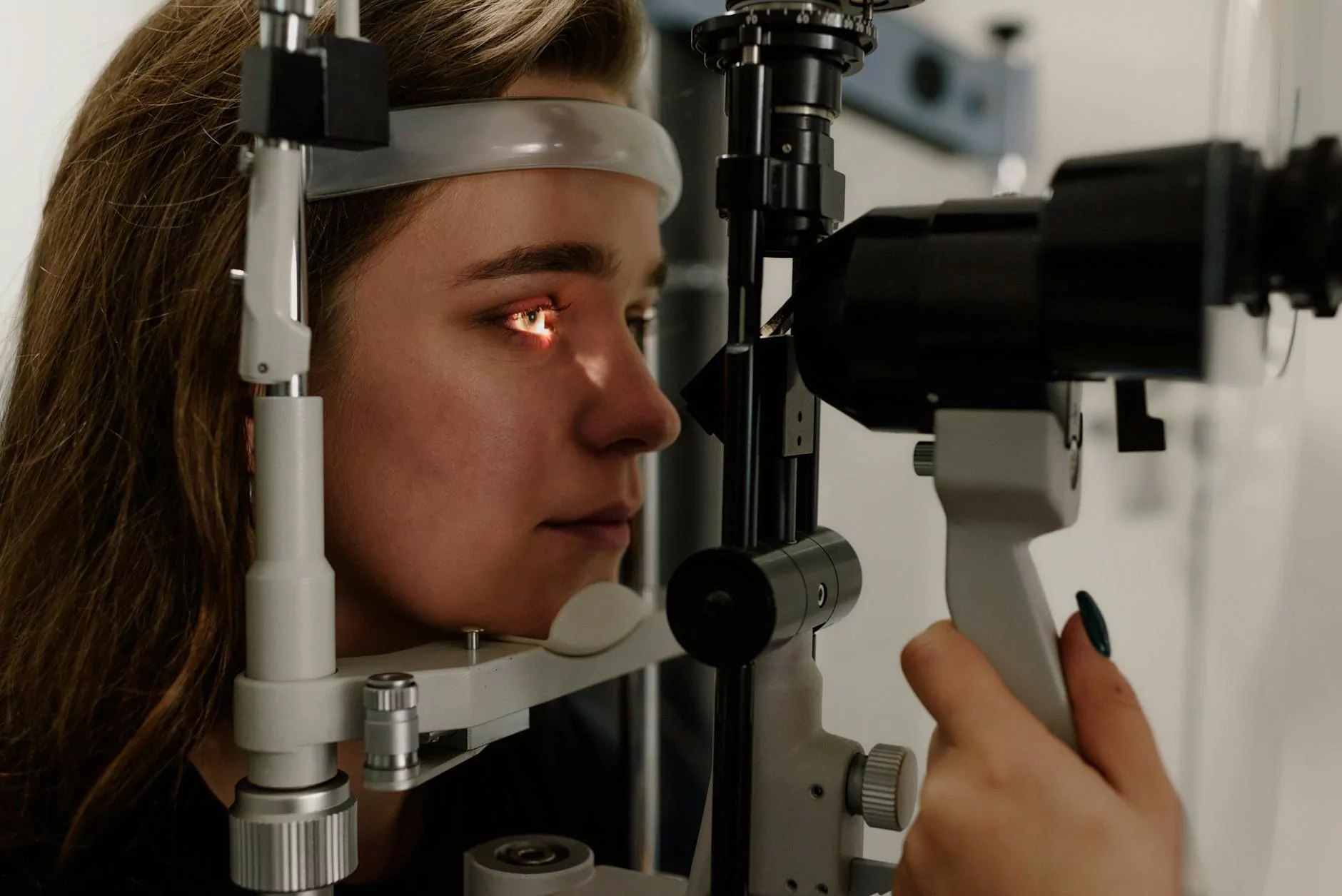Dry Eye Syndrome - David J Scholten OD, PC

Understanding Dry Eye Syndrome
Dry Eye Syndrome is a common eye condition that affects many individuals today. It occurs when there is a lack of sufficient moisture and lubrication on the surface of the eyes, leading to discomfort and various symptoms. At David J Scholten, OD, PC, we specialize in diagnosing and treating Dry Eye Syndrome, providing effective solutions for our patients.
Causes and Symptoms
There are multiple causes that can contribute to the development of Dry Eye Syndrome. These include:
- Aging: As we get older, the production of tears may decrease, causing dryness in the eyes.
- Hormonal changes: Fluctuations in hormones, especially in women during menopause, can lead to dry eyes.
- Environmental factors: Exposure to dry climates, wind, smoke, air conditioning, and extended screen time can all contribute to the onset of Dry Eye Syndrome.
- Medical conditions: Certain medical conditions like diabetes, rheumatoid arthritis, thyroid disorders, and allergies can increase the risk of developing dry eyes.
Common symptoms of Dry Eye Syndrome include:
- Eye redness
- Burning or stinging sensation
- Foreign body sensation (feeling of something in the eye)
- Watery eyes (paradoxically, excessive tearing can be a sign of dry eyes)
- Blurred vision
- Eye fatigue
Diagnosis and Treatment
At David J Scholten, OD, PC, we provide comprehensive eye examinations to accurately diagnose Dry Eye Syndrome. Our experienced optometrists will evaluate your symptoms, assess tear production, and examine the quality of your tears to determine the underlying causes. Once diagnosed, we will discuss appropriate treatment options tailored to your needs.
Artificial Tear Drops
Artificial tear drops are a common initial treatment for Dry Eye Syndrome. These lubricating eye drops help to alleviate symptoms by providing additional moisture and lubrication to the eyes, relieving dryness and discomfort.
Punctal Plugs
In some cases, your eye doctor may recommend punctal plugs. These small, biocompatible devices are inserted into the tear ducts to block drainage and increase tear retention on the surface of the eyes, ensuring better lubrication.
Medicated Eye Drops
If your Dry Eye Syndrome is caused by inflammation, prescription eye drops containing anti-inflammatory agents may be recommended. These medicated eye drops can help reduce inflammation and improve tear production.
Lifestyle Changes
We may also suggest certain lifestyle modifications to alleviate your dry eye symptoms. These can include using a humidifier, avoiding excessive screen time, taking regular breaks during tasks that require intense visual focus, and wearing sunglasses to protect your eyes from harsh environmental conditions.
Prevention and Ongoing Management
While Dry Eye Syndrome may not always be preventable, there are steps you can take to minimize its impact on your daily life. Following good eye hygiene practices, such as avoiding eye rubbing, keeping eyelids clean, and maintaining a balanced diet rich in omega-3 fatty acids, can contribute to better eye health and potentially reduce the risk of developing dry eyes.
Regular eye examinations are crucial for ongoing management of Dry Eye Syndrome. Our team at David J Scholten, OD, PC can monitor your condition, ensure proper treatment adjustments if needed, and offer guidance on maintaining optimal eye health.
Contact David J Scholten, OD, PC for Dry Eye Relief
If you are experiencing the symptoms of Dry Eye Syndrome, don't suffer in silence. Schedule an appointment with David J Scholten, OD, PC today. Our professional staff is dedicated to providing excellent eye care services, offering effective solutions to help alleviate your dry eye symptoms and improve your overall eye health.
